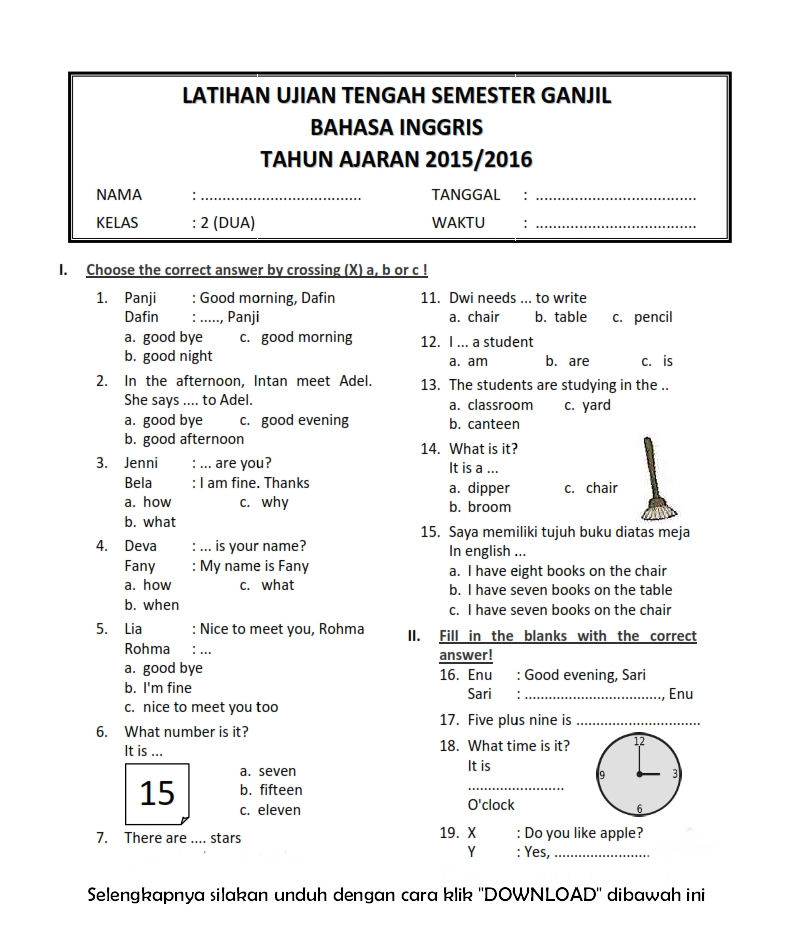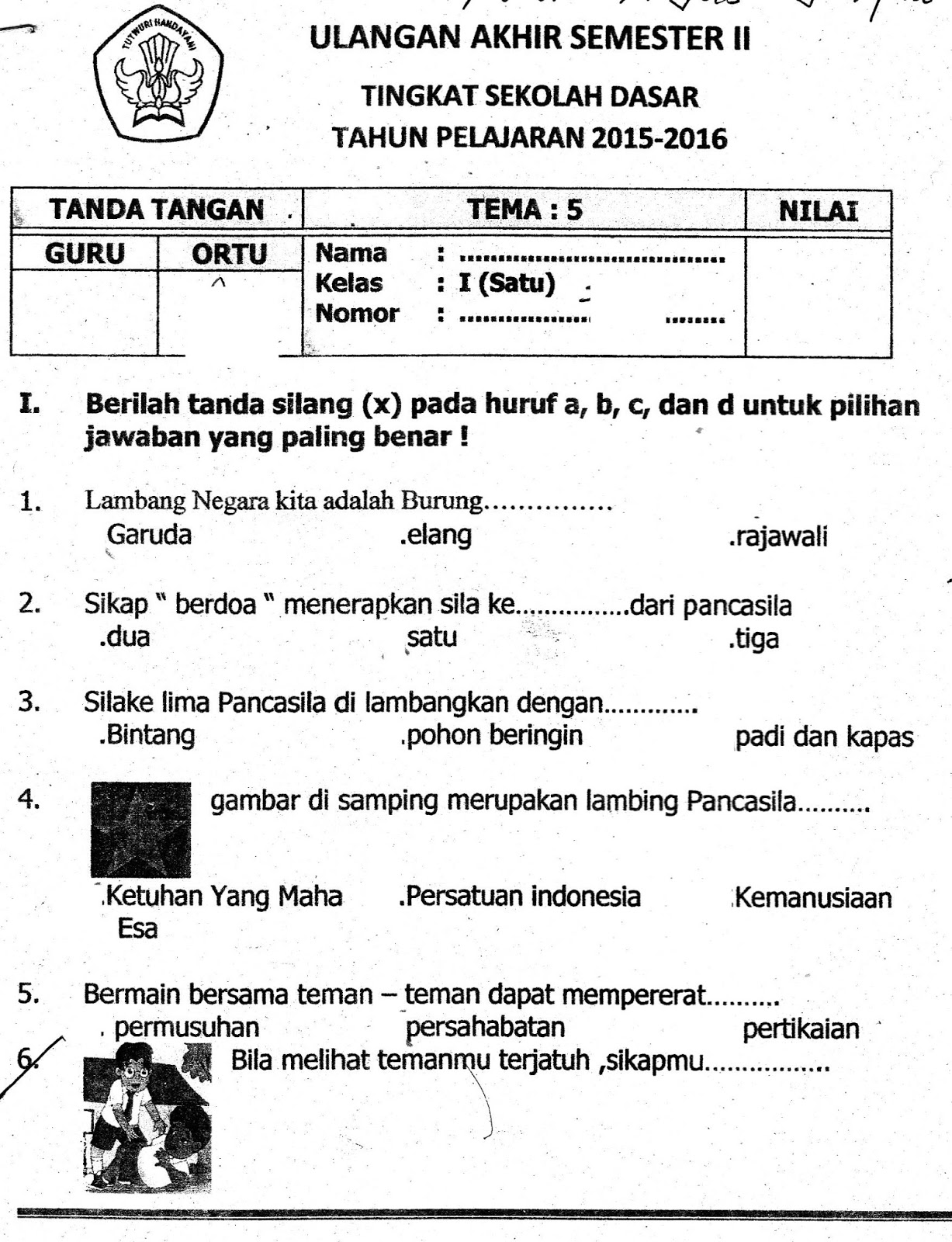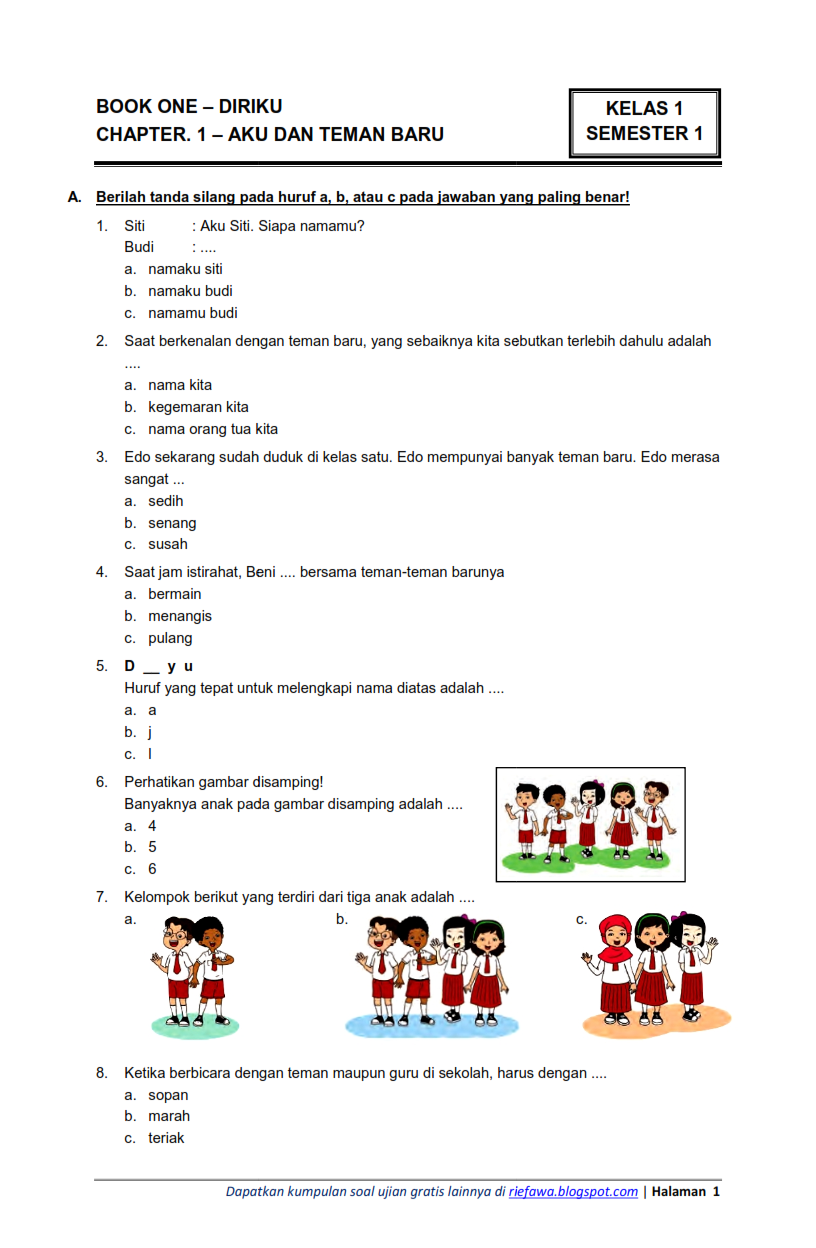A. Importance of English Language Proficiency
B. Scope of 3rd Grade, Semester 2 English Curriculum
C. Overview of Common Topics and Skills Tested
II. Vocabulary and Spelling
A. Common Vocabulary Themes (Animals, Food, Family, etc.)
B. High-Frequency Words and Sight Words
C. Spelling Patterns and Rules (e.g., consonant blends, digraphs)
D. Practice Activities and Resources
III. Grammar and Sentence Structure
A. Parts of Speech (Nouns, Verbs, Adjectives, etc.)
B. Sentence Types (Declarative, Interrogative, Exclamatory)
C. Subject-Verb Agreement
D. Punctuation (Periods, Question Marks, Exclamation Points)
E. Practice Activities and Resources
IV. Reading Comprehension
A. Types of Reading Passages (Stories, Informational Texts)
B. Reading Comprehension Strategies (Identifying Main Idea, Details, Inference)
C. Question Types (Multiple Choice, True/False, Short Answer)
D. Practice Activities and Resources
V. Writing
A. Types of Writing (Sentences, Paragraphs, Short Stories)
B. Writing Process (Planning, Drafting, Revising, Editing)
C. Narrative Writing (Storytelling)
D. Descriptive Writing (Using Sensory Details)
E. Practice Activities and Resources
VI. Listening and Speaking
A. Listening Comprehension Strategies (Following Directions, Identifying Key Information)
B. Speaking Activities (Oral Presentations, Class Discussions)
C. Pronunciation and Intonation
D. Practice Activities and Resources
VII. Sample Questions and Answers
A. Vocabulary and Spelling Questions
B. Grammar and Sentence Structure Questions
C. Reading Comprehension Questions
D. Writing Prompts and Examples
E. Listening and Speaking Scenarios
VIII. Conclusion
A. Importance of Continued Practice
B. Resources for Further Learning
Body:
I. Introduction
English language proficiency is increasingly crucial in today’s globalized world. For young learners, building a strong foundation in English during elementary school is vital for future academic success and personal development. Third-grade, semester 2, typically builds upon the foundational skills learned in the first semester, introducing more complex vocabulary, grammatical structures, and reading comprehension strategies. This article will provide a comprehensive overview of common topics and question types found in 3rd-grade, semester 2 English language assessments. We will explore vocabulary, grammar, reading comprehension, writing, and listening and speaking skills, providing examples and practice activities to aid in preparation.
II. Vocabulary and Spelling
Third-grade vocabulary often expands to include themes like animals (lion, tiger, elephant), food (vegetables, fruits, snacks), family members (aunt, uncle, cousin), and common everyday objects. High-frequency words and sight words (words students should recognize instantly) are emphasized. Students also learn spelling patterns and rules, such as consonant blends (bl, cl, fl), digraphs (sh, ch, th), and vowel combinations (ai, ea, oa). Practice activities can include word searches, crossword puzzles, flashcards, and spelling tests. Online resources and interactive games can also significantly enhance vocabulary acquisition and spelling skills.
III. Grammar and Sentence Structure
At this level, students delve deeper into parts of speech, including nouns (person, place, thing), verbs (action words), adjectives (describing words), and adverbs (describing verbs or adjectives). They learn to identify and construct different sentence types: declarative (statement), interrogative (question), and exclamatory (exclamation). Subject-verb agreement (matching singular subjects with singular verbs and plural subjects with plural verbs) is introduced. Basic punctuation rules, such as using periods, question marks, and exclamation points, are reinforced. Practice activities include sentence diagramming, sentence combining, and error correction exercises.
IV. Reading Comprehension
Reading comprehension at this stage involves tackling various types of reading passages, including stories and informational texts. Students learn to employ strategies such as identifying the main idea, supporting details, and making inferences based on the text. Question types include multiple-choice, true/false, and short answer questions that assess their understanding of the passage. Practice involves reading a variety of texts and answering comprehension questions. Guided reading sessions and discussions can help students develop crucial reading comprehension skills.
V. Writing
Third-graders are expected to write sentences, paragraphs, and short stories. The writing process – planning, drafting, revising, and editing – is emphasized. Students learn to write narratives (stories with a beginning, middle, and end) and descriptive pieces (using sensory details to create vivid imagery). Practice activities include writing prompts, peer editing, and teacher feedback to enhance writing skills.
VI. Listening and Speaking
Listening comprehension involves following directions, identifying key information in oral instructions or stories. Speaking activities include oral presentations, class discussions, and answering questions. Proper pronunciation and intonation are emphasized. Practice includes listening to stories and answering questions, participating in role-playing activities, and presenting short talks.
VII. Sample Questions and Answers
Vocabulary:
- What is the opposite of "happy"? (Answer: sad)
- Which word means a group of lions? (Answer: pride)
Grammar:
- Identify the verb in the sentence: "The dog barks loudly." (Answer: barks)
- Rewrite the sentence correctly: "She go to school." (Answer: She goes to school.)
Reading Comprehension: (A short passage would be included here, followed by comprehension questions)
Writing: (A writing prompt such as "Write a story about your favorite pet" would be given)
Listening: (A listening scenario involving following directions would be described)
VIII. Conclusion
Mastering English language skills requires consistent effort and practice. By consistently engaging with various activities, utilizing available resources, and seeking feedback, third-grade students can build a strong foundation in English. Continued practice through reading, writing, listening, and speaking activities is essential for ongoing progress and success in future English language learning. Parents and educators play a vital role in supporting students’ learning journey. Numerous online resources, workbooks, and educational games are available to supplement classroom learning and provide engaging practice opportunities.








Leave a Reply